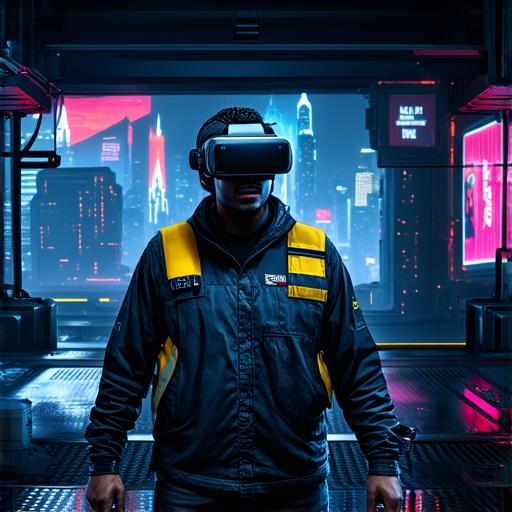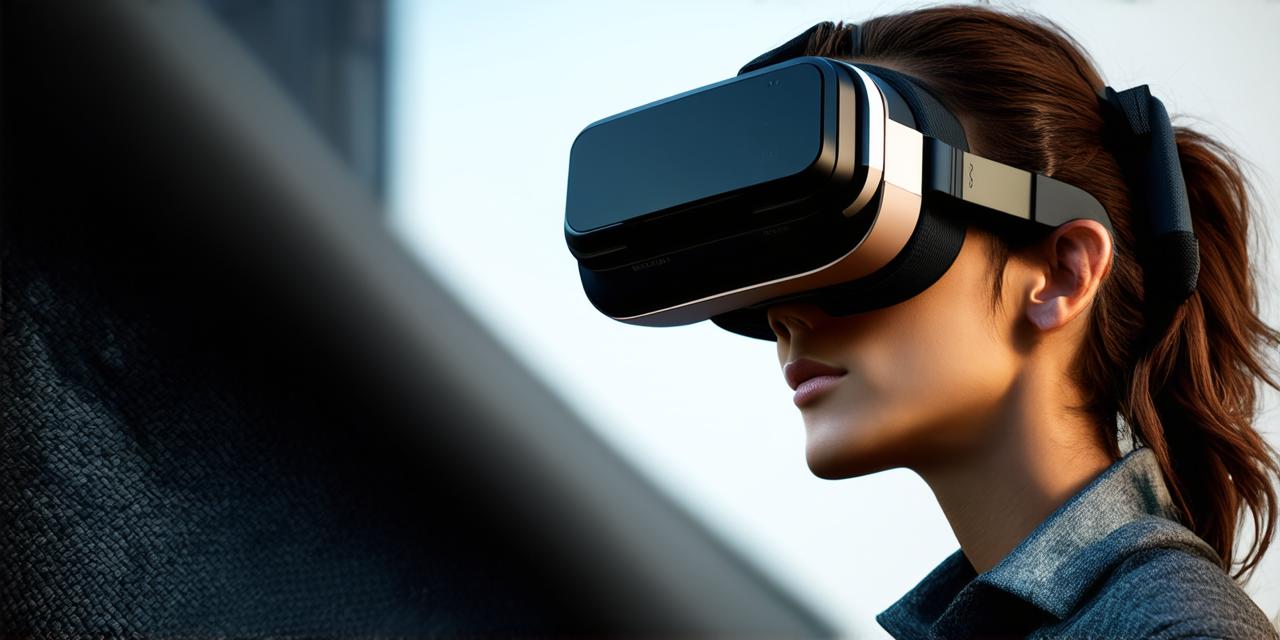In recent years, virtual reality (VR) has become increasingly popular, with many people hailing it as the next big thing in technology. However, like any new technology, VR also has its drawbacks. In this article, we’ll explore some of the main disadvantages of VR and consider whether they outweigh the benefits.
Isolation and Loneliness
One of the biggest drawbacks of VR is that it can be isolating and lonely. While VR allows users to experience new environments and interact with virtual objects, it doesn’t replace real human interaction. People who spend too much time in VR may feel disconnected from their friends and family, and may struggle to maintain healthy relationships.
Motion Sickness
Another drawback of VR is motion sickness. The immersive nature of VR can cause some users to feel dizzy or nauseous, especially if they’re not used to the technology or have a sensitivity to motion. This can make VR experiences uncomfortable and even dangerous for some people.
Addiction
VR has the potential to be addictive. The immersive nature of the technology can make it difficult for users to disconnect from the virtual world, leading to excessive use and neglect of their real-life responsibilities. This can have negative consequences on their mental health, relationships, and productivity.
Expensive Technology

VR is still a relatively new technology, which means that it’s not yet widely available or affordable for everyone. High-end VR headsets and equipment can be expensive, making it difficult for some people to access the technology. Additionally, ongoing maintenance costs can make VR less appealing to those on a tight budget.
Limited Interactivity
Despite its potential to create realistic simulations of the real world, VR is still limited in terms of interactivity. While users can interact with virtual objects and environments, the technology can’t replicate the complexity and nuance of real-life interactions. This can make VR experiences feel artificial and lacking in emotional depth.
In conclusion, while virtual reality has the potential to be a transformative technology, it also has its drawbacks. Isolation and loneliness, motion sickness, addiction, high cost, and limited interactivity are just some of the challenges that users may face when using VR. While these issues can be mitigated with careful use and appropriate precautions, they highlight the need to carefully consider whether virtual reality is right for you before investing in it.



